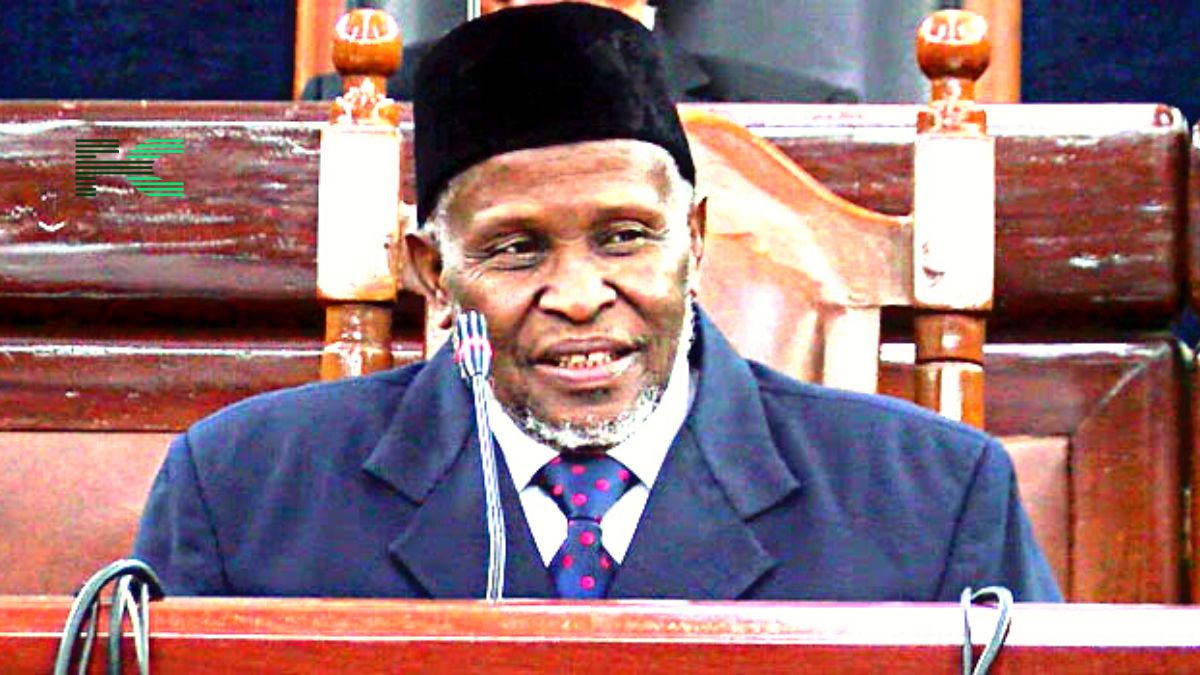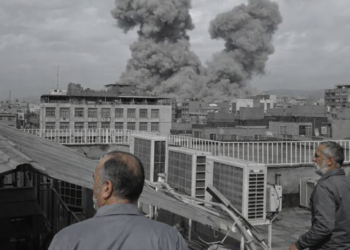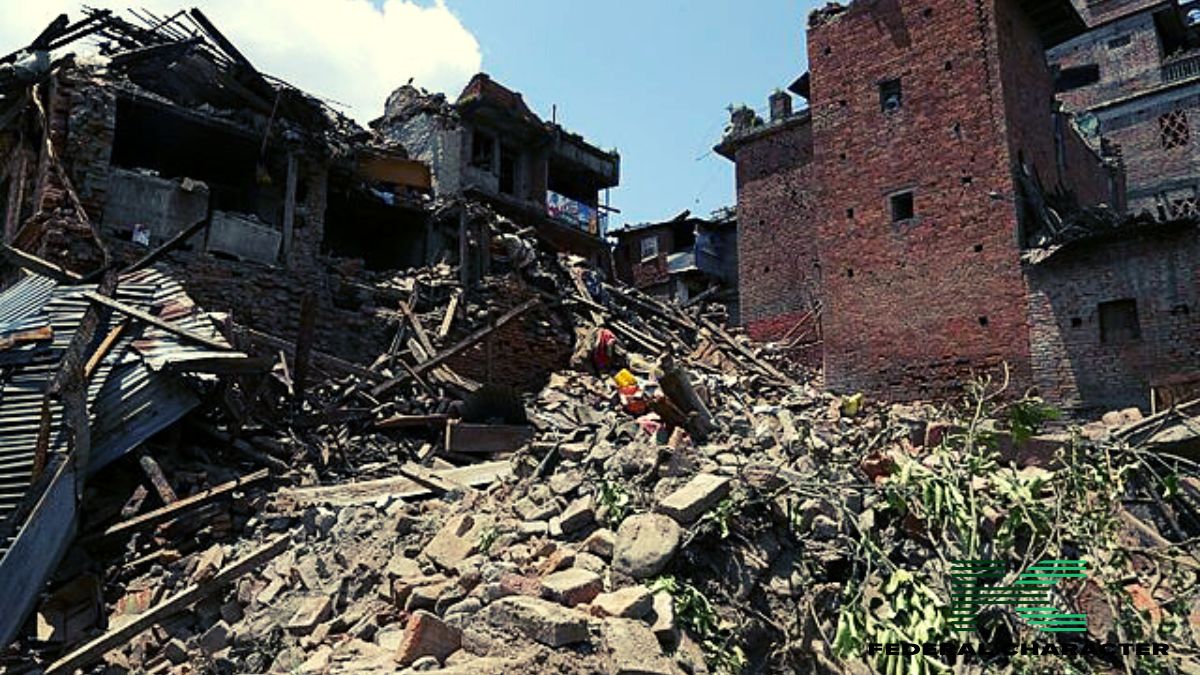Senior Advocates of Nigeria, attorneys, civil rights organizations, and several branches of the Nigerian Bar Association on Monday demanded an investigation into the former Chief Justice of Nigeria, Ibrahim Muhammad, hours after Muhammad tendered his resignation.
They all agreed that the accusations leveled against the former CJN should not be ignored.
On Monday morning, Muhammad’s resignation was made known. Fewer than a week after fourteen Supreme Court Justices, in a combined petition, leveled serious charges of financial impropriety and administrative misconduct against the Bauchi State-born justice, it is said that he submitted his resignation on the grounds of ill health.
His media assistant, Ahuraka Isah, originally disputed the resignation rumors, but then confirmed them, shocking the country on Monday morning.
In the Council Chambers of the State House in Abuja, President Major General Muhammadu Buhari (retired) swore in Justice Olukayode Ariwoola, the next-highest ranking justice, as acting Chief Justice of Nigeria.
The President bestowed upon Muhammad the title of Grand Commander of the Order of the Niger after remarking that he had mixed emotions upon reading the resignation letter of the departing CJN.
In a first for Nigeria’s judiciary, the Supreme Court judges accused Muhammad of ignoring his duties and misusing money intended for the court’s operation in a letter that was leaked.
They voiced complaints regarding their living arrangements, cars, power rates, diesel deliveries, internet access at the homes of the justices, training for the justices, and epileptic electricity supply to the court.
They claimed that despite “many continuous requests” to hold a meeting, which was finally held on the 31st of March, a welfare committee was not established despite the CJN receiving their demands.
The Supreme Court Judges, among other things, asked to know what had happened to funds designated for the training of justices, claiming they had been excluded from the customary two to three international seminars each year.
The judge, who was appointed CJN on January 25, 2019, after Justice Walter Onnoghen resigned over allegations of fake asset declaration at the Code of Conduct Tribunal, responded by blaming “a catastrophic economic crunch” for his inability to meet their requirements.
Muhammad responded to the claims in a statement titled “State of Affairs in the Supreme Court and demand by Justices of the Supreme Court,” which was signed by his Special Assistant on Media and Strategy.
Muhammad berated his coworkers for making their grievances public while asserting that the apex court he headed had been carrying out its duties despite the establishment’s financial difficulties.
On January 23, 2019, the CCT issued an ex-parte order suspending Onnoghen from office. On February 1, 2019, Muhammad was sworn in as the most senior Supreme Court justice.
On July 17, the Senate confirmed him as the actual CJN, and Buhari then administered the oath of office to him.














